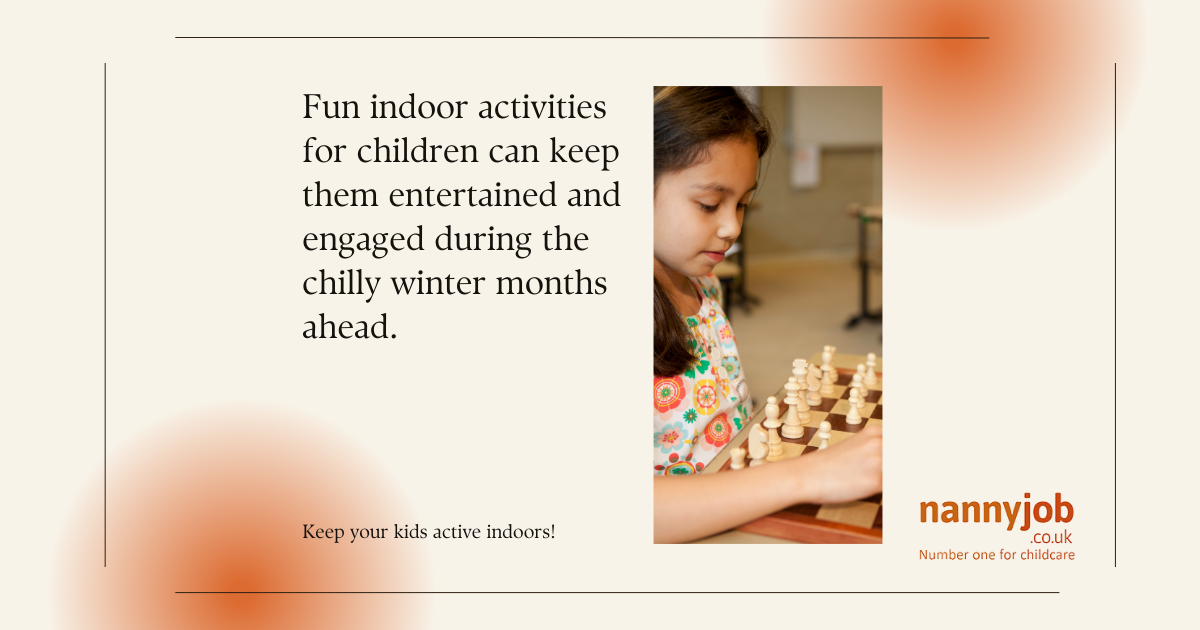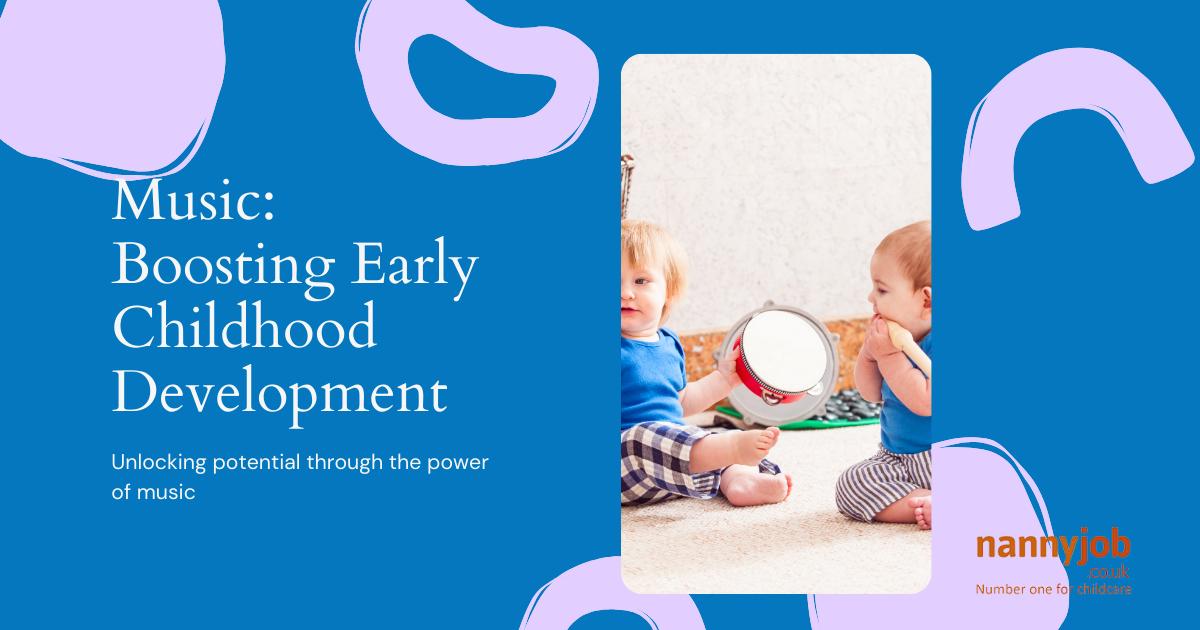Introduction
Elf on the Shelf has become a popular holiday tradition, delighting children as they find their little elf friend in new positions and situations each morning. But as with many holiday activities, opinions are divided. Some families see it as a magical way to keep the Christmas spirit alive, while others view it as a stressful gimmick that adds unnecessary pressure during an already busy season. Here, we’ll weigh the pros and cons of Elf on the Shelf to help you decide if it’s a festive must-have or just extra holiday stress.
The Pros of Elf on the Shelf
1. Creates a Magical Experience for Children
The anticipation of finding the elf each morning can be thrilling for kids, adding excitement and a sense of wonder to the holiday season. Children’s imaginations soar as they speculate about the elf’s “adventures” and look forward to what he or she will do next.
- Builds Holiday Excitement: For kids, Elf on the Shelf adds another layer of holiday magic, creating fun and mystery in the days leading up to Christmas.
- Encourages Imagination and Storytelling: As children invent stories about their elf’s nightly antics, they’re engaging in creative thinking and story-building.
2. A Unique Family Tradition
Elf on the Shelf can become a beloved family tradition that children remember fondly. Each year, families can try new ideas, share laughs, and create memories that stick with them long after the holiday season.
- Creates Lasting Memories: Many families enjoy looking back at photos of their elf’s antics each year, adding to their holiday photo collections and memories.
- Brings Families Together: Planning and executing elf scenes can be a team effort, allowing parents, nannies, and older siblings to participate and brainstorm ideas together.
3. Encourages Good Behavior (For Some Families)
For parents who want to reinforce good behavior during the holiday season, Elf on the Shelf is a playful way to remind children to be kind, share, and keep up their good manners.
- Motivates Good Habits: Some families use the elf’s “reporting back to Santa” as a light-hearted incentive for positive behavior, like being helpful around the house.
- Adds a Playful Incentive: Children who believe their elf is watching over them might be more inclined to be on their best behavior, especially in the spirit of the holidays.
The Cons of Elf on the Shelf
1. Can Be Stressful for Parents and Nannies
With busy schedules, holiday preparations, and everyday responsibilities, keeping up with Elf on the Shelf can feel overwhelming. Trying to come up with new, creative ideas each day can turn this tradition into just another task on the holiday to-do list.
- Time-Consuming: Setting up an elf scene every night requires time, creativity, and sometimes even extra supplies, which can feel like a lot during the holiday rush.
- Pressure to Be “Perfect”: Social media is full of elaborate elf setups, which can make caregivers feel like they have to go above and beyond to keep up. This pressure can take away from the joy and turn it into a chore.
2. Risk of Becoming a Gimmick
For some, Elf on the Shelf feels more like a marketing gimmick than a heartfelt tradition. With so many elf products and add-ons available, it’s easy for this simple idea to spiral into excessive spending or holiday commercialism.
- Adds to Holiday Consumerism: With Elf on the Shelf accessories, costumes, and elaborate “kits,” what started as a fun idea can quickly become a commercialized venture that feels more about spending than meaning.
- Focus on Materialism: Some families worry that the focus on the elf’s actions and appearances can shift the holiday away from values like gratitude, kindness, and family togetherness.
3. Behavioral Concerns
For some children, the idea of an “all-seeing” elf reporting to Santa can lead to feelings of anxiety or discomfort. While many children enjoy the concept, others may not respond as well to the idea of being “watched.”
- Creates Unnecessary Pressure: For some children, the idea of being watched by an elf can create feelings of pressure or unease, making it less fun and more stressful.
- Potential for Behavioral Misunderstandings: Children may get upset or feel punished if they don’t see the elf move, especially if there’s a last-minute lapse in creativity or time to set it up.
So, Is Elf on the Shelf Right for Your Family?
Elf on the Shelf can be a delightful, whimsical way to celebrate the holiday season if it fits well with your family’s routine and sense of fun. For some, it’s a wonderful addition to holiday traditions, while for others, it can feel more like a holiday obligation.
If you decide to participate, remember that Elf on the Shelf doesn’t have to be complicated! Simple setups can be just as enjoyable, and you can choose how often you move the elf to fit your schedule and energy level. At the end of the day, holiday traditions should bring joy, not stress.
Tips for Keeping Elf on the Shelf Fun and Manageable
- Keep It Simple: Your elf doesn’t have to be elaborate. A funny or sweet placement can be just as exciting as an elaborate setup.
- Plan Ahead: Create a quick list of ideas to avoid the nightly scramble. Simple ideas like “hiding in a stocking” or “reading a holiday book” are easy to execute but still bring delight.
- Skip a Night if Needed: It’s okay if the elf doesn’t move every night! For example, he or she could have “fallen asleep” in the same spot, or simply “didn’t want to leave.”
- Set Realistic Expectations: Avoid comparisons with elaborate social media posts. Your family’s tradition can be simple and meaningful without needing to be photo-perfect.
Conclusion
Elf on the Shelf can be a wonderful holiday tradition if it brings joy and excitement to your family. However, if it’s causing stress, remember that you can opt out or modify it to suit your needs. The most important part of any holiday tradition is the happiness and memories it creates for everyone involved. So, whether your elf is on the move every night or takes a few days off, focus on creating a holiday season filled with laughter, joy, and togetherness.















